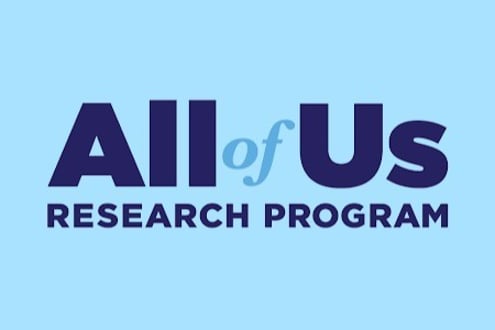What Do My Test Results Mean?
Understanding Genetic Test Results
Types of test results
Genetic testing for an can have three possible results:
Positive for a mutation
A positive genetic test result means that an was found in a gene (or sometimes in more than one gene) that is associated with increased cancer risk. Genetic testing companies and healthcare professionals may use different terms for an , including:
- pathogenic or likely pathogenic variant
If you test positive for an , your lifetime risk for cancer may be increased compared to someone who does not have an . Your risk for cancer will depend on several factors, including:
- which gene has the mutation
- your gender
- your age
- your personal and family medical history
A positive genetic test means that other relatives may have inherited the same mutation.
For a list of genes, their associated cancer risks, related guidelines and medical options, visit this section of our website.
Informative negative test
- In a family where a genetic mutation has already been identified, a negative test may be considered a "true negative." This means that the person tested does not have a higher risk for cancer than the general population.
Uninformative negative test
- In some families with multiple cases of cancer, genetic testing does not provide answers. In a family with many cases of cancer where all members test negative for a mutation, this type of result is called "uninformative negative." This means that experts cannot find the cause of the cancer in the family. Families with uninformative negative results are encouraged to contact a genetics expert regularly to update their medical history and learn if any new genetic tests might provide additional information.
()
A result means that a change was found that may or may not increase the risk for cancer. Not all changes in genes are harmful. Some changes may be harmless, while others can cause the body to make proteins that don’t work correctly.
A result means that at the time of testing, the lab cannot tell whether the gene change is harmful and increases the risk for cancer or harmless and doesn't increase cancer risk. Less-studied genes included on newer gene panels are more likely to return a result. As more people have panel testing and more research is done, labs are more likely to determine whether a is harmful or harmless. Visit our Research Search and Enroll Tool to find research studies enrolling people with a .
For people with a result, experts base cancer screening, prevention and treatment recommendations on their personal and family medical history. People who receive a result should speak with a genetics expert to understand their risks and medical options and to learn if their variant has been reclassified as harmful.
Additional testing for people who previously tested
Genetic testing has improved, and laboratories can now find mutations that may have previously been missed. Genetic tests ordered before 2014 were more limited than current tests. Members of families with old uninformative test results may want to repeat testing.
A specialist in cancer genetics is the best person to interpret genetic test results and help you decide whether additional genetic testing may be right for you or your family.
More Information on Genetic Testing for Cancer Risk
How to Get Genetic Testing
Are you interested in getting genetic testing? Learn about next steps.
Genetic Counseling
Genetics experts can help you understand genetic testing and interpret test results.
Benefits and Limitations
Genetic testing can provide important health information, but there are limitations you should know about before testing.
Deciding about Testing
Following these steps can help you decide if genetic testing is right for you.
Choosing the Right Test
Genetic tests are not all the same. Learn about the different types of tests and the information they provide.
What to do After Testing
Learn about the next steps after receiving your genetic test results.
Participate in Genetics Research
Below are some of our featured research studies looking at genetic testing. To search for additional studies, visit our Search and Enroll Tool.
WISDOM Study: Women Informed to Screen Depending on Measures of Risk
Clinicaltrials.gov identifier: NCT02620852
The goal of the Wisdom Study is to determine if breast cancer screening can be made better by personalizing each woman’s mammogram schedule, compared to the current one-size-fits-all, annual approach. The Wisdom Study is designed...
Clinicaltrials.gov identifier: NCT04995198
PROMISE is a nationwide registry of prostate cancer patients with inherited mutations; screening approximately 5,000 participants with a prostate cancer diagnosis. The PROMISE team is studying how these mutations affect patient outcomes and hope to...
The All of Us Research Program is seeking one million people from across the U.S. to help build one of the most diverse health databases in history. We welcome participants from all backgrounds. People who...


